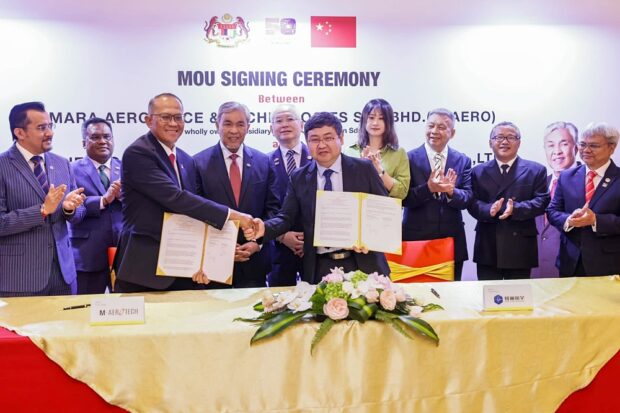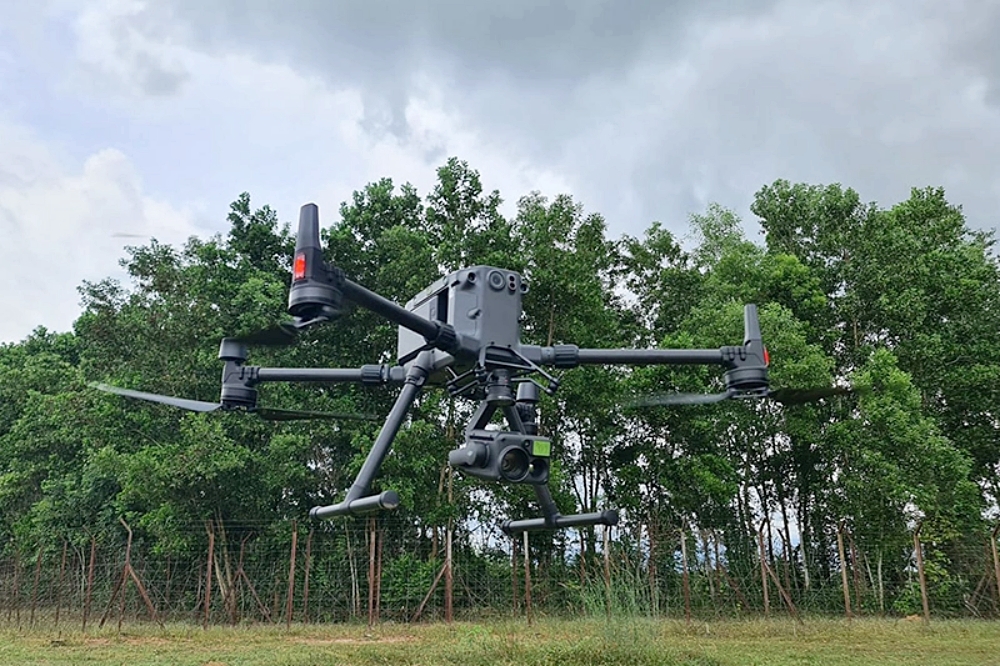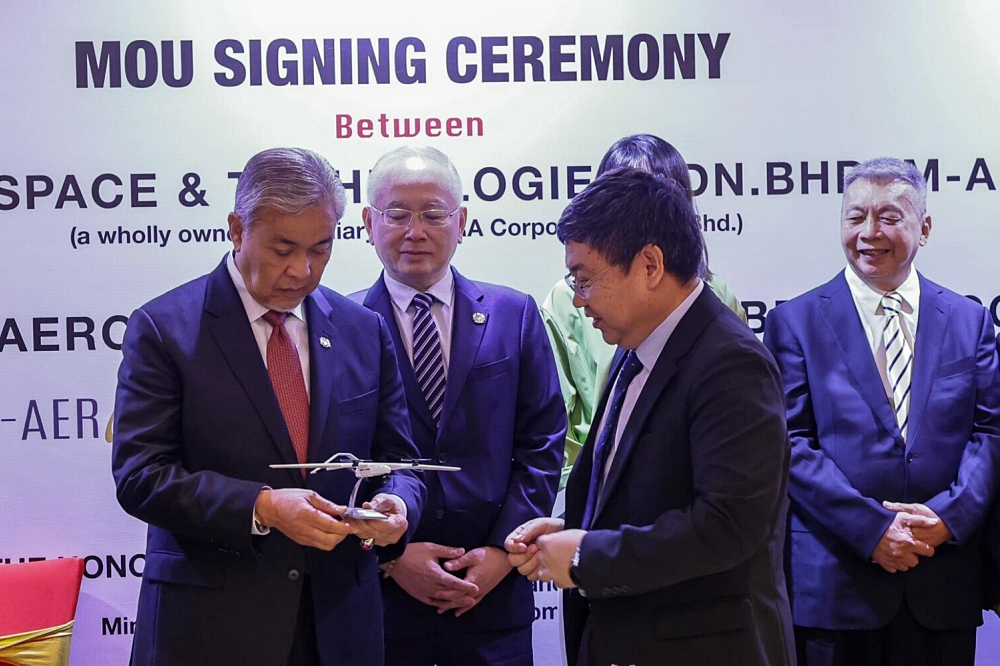Malaysia is advancing in the field of unmanned aerial vehicle (UAV) technology through a collaborative effort with China, deputy prime minister Datuk Seri Dr Ahmad Zahid Hamidi said. The partnership, spearheaded by MARA Aerospace & Technologies Sdn Bhd and China’s Honeycomb Aerospace Technologies (Beijing) Co Ltd, is aimed at sharing expertise and developing UAV technology locally.
Zahid also highlighted the significant opportunities it will provide for both the local UAV industry and Malaysia’s technical and vocational education and training (TVET) sector.
A key aspect of the partnership is the transfer of technology from China, which is expected to benefit Malaysian TVET students, especially those studying at the University Kuala Lumpur (UniKL). Zahid noted that the knowledge gained through this collaboration will equip students with the skills to build UAVs, giving them a competitive edge in the growing field of UAV technology.
Describing the collaboration as a milestone, the deputy prime minister emphasised its potential to revolutionise various sectors in Malaysia, including security and agriculture. UAVs, with their advanced capabilities, will play a crucial role in enhancing border security and agricultural efficiency.
“This technology will change the landscape of how we operate, not just in security but also in agriculture,” he said.
The partnership was formalised with the signing of a Memorandum of Understanding (MoU) between Mara Aerospace & Technologies and Honeycomb Aerospace Technologies. As part of this agreement, the latter will invest RM100 million to establish a UAV manufacturing facility in Malaysia, with operations expected to begin in 2025.
In the initial phase, Honeycomb Aerospace will set up a UAV assembly facility at the UniKL Malaysian Institute of Aviation Technology campus in Sepang by October. This facility is projected to produce approximately 3,000 UAVs once it becomes fully operational. Zahid explained that Honeycomb Aerospace chose to invest in Malaysia due to the strong domestic and regional demand for UAVs.
The deputy prime minister adds that UAVs are expected to have a wide range of applications, such as enhancing border security with their ability to monitor areas within a 300 km radius. Additionally, they will benefit the agricultural sector, where they can be used for tasks such as seed planting and fertilisation.
Top Photo: Zahid Hamidi, via Facebook
Source: Lowyat.net



